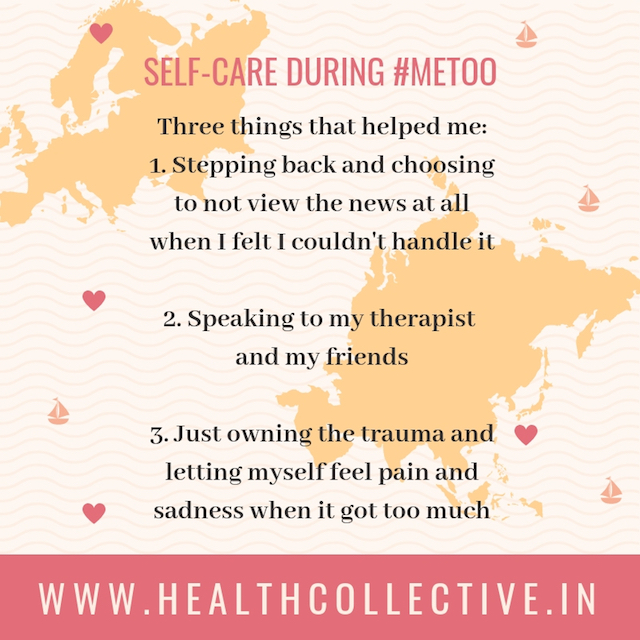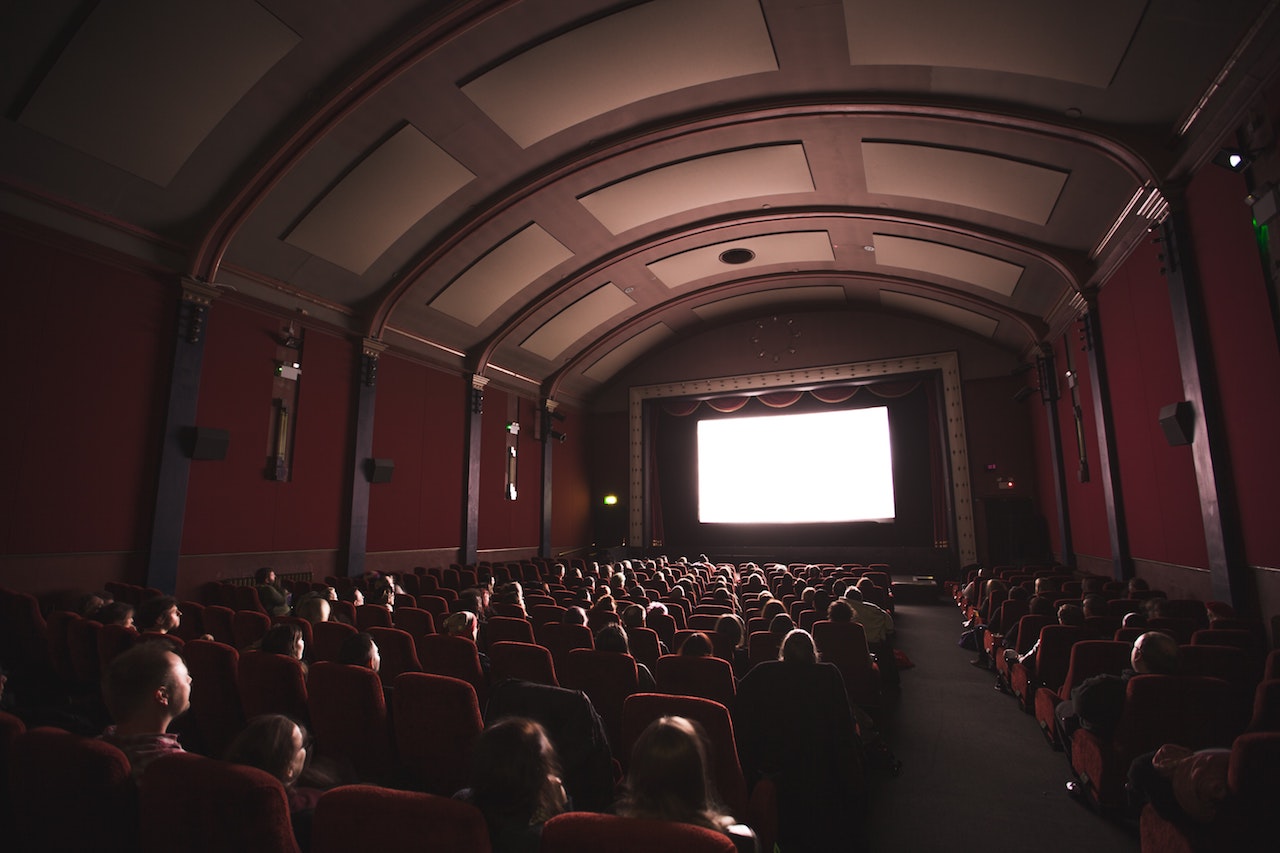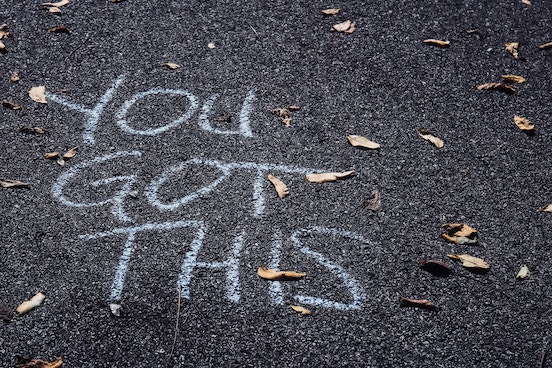Your Stories: Healing after Rape and Avoiding Triggers
By Anonymous
I had suppressed every shred of memory I have of being raped, deep in some dusty corner of (my) mind, so that I could live a life where I could pretend it never happened. I only told the bare minimum number of people about this incident. My family and friends didn’t know about it and they still don’t.
The last year has thrown up more visible cases of sexual violence in the news than I have ever seen before. Every day there was a story that I had to confront, whether I wanted to or not. Even more pronounced were the thousands of counter-opinions — always asking if the victim was lying, and what about the future of the rapist?
ALSO READ: TEN THINGS TO KNOW ABOUT DOMESTIC VIOLENCE
Dealing with these realities where everyone was discussing these cases and there was no escape from them finally seemed to push me into the deep end of depression. The suppressed part of my memories couldn’t be suppressed any further and living with them out in the open was impossible for me. It stayed like that for months till a friend pushed me to see a therapist.
I was raped when I was 18. I used to work part time and was raped at an office event by a 30 year old… Someone I reported to. Because my family needed the money and I didn’t know who would believe me I went back to work after a day and worked every day in the same office for two months with that person till I could find another job.
I believed that the rape was in part at least my fault. I was always “over-friendly” and maybe that night I should have said no more vehemently. I justified his actions and took on more of the blame.
I developed a scary pattern of sexual relationships with partners. I couldn’t form or maintain any emotional connection with any person I was with. I was in some abusive relationships and didn’t leave because I saw the light, in most cases things just ended. I let myself be abused and kept blaming myself for it. Pushing friends and family away that tried to look out for me. I started self harming and cut myself on my upper thighs so that people couldn’t see the cuts, occasionally when my mood shifted from gloomy to angry, I would stop caring and cut my arms too. The pain never felt enough. I contemplated suicide but I have a family to support and that never seemed to be an option.
ALSO READ: SELF HARM AND HEALING
Even when I tried to get over these things myself, I pushed myself into work and college (and) I still continued to cut myself. These things came to a head when every day I heard people discussing the latest rape case. When I heard the news talk about the latest Nirbhaya everyday. I couldn’t ignore this anymore.
It wasn’t something I could pretend did not happen, because there were daily reminders of me having been raped.

With my friend pushing me, I finally agreed to go for therapy.
Therapy hasn’t completely solved all my problems but it’s helping me get better and deal with my own reality better.
I couldn’t — and still can’t — work at a place where I have to report to a man, or where there are too many men in the office, I feel suffocated, but I am no longer cutting myself…And I’m learning to not feel guilty about an incident that I had no control over. I have had to take medication to solve some of my mental health issues as well.
It’s taken me a lot to write this down.
There have been moments when I was writing this that I have had a complete meltdown. I’m sharing this because its important that I acknowledge my own story and that I intentionally accept that what happened wasn’t my fault and if it’s happened to you it isn’t your fault either. After any act of rape there is so much focus on the physical health of the victim, that their mental well being is completely not taken care of. I can’t guarantee that therapy or medicines will work for you but it’s better to try and know, than to not try at all and live all your life in darkness.
With the constant floodgates of recent news about sexual assault victims coming forward, it is going to get more difficult. You will have relive your trauma a thousand times before there is any action taken. It was very difficult for me to deal with the constant onslaught too.
Three things that helped me:
- Stepping back and choosing to not view the news at all when I felt I couldn’t handle it
- Speaking to my therapist and my friends
- Just owning the trauma and letting myself feel pain and sadness when it got too much

(Editor’s Note: We want to thank our contributor, this survivor, for bravely sharing their story. With the recent media coverage of various incidents of sexual assault, while it’s more important than ever to hear the stories and report them, and important to know that you’re not alone, it’s incumbent upon all of us to understand the effect this can have on survivors of sexual assault and how it may re-trigger trauma.)
Vandita Morarka of The Health Collective spoke to mental healthcare professionals to understand what survivors and professionals can do.
Richa Vashista, Mental Health Professional at The Humsafar Trust, tells survivors:
Pay attention to how you respond (emotionally and physically) right after you get triggered by a media related news or post. The moment you are aware of your immediate reaction(s), you are at a better place at managing them. A mental health professional will be able to help you manage emotional or physical triggers such as fear, panic attack, palpitations, sweating, etc.
Dr. Avinash Desousa, a psychiatrist and the Founder of Desousa Foundation tells The Health Collective: “It’s very important that survivors of sexual abuse first realise that their trauma is individual… if they read about the trauma of other survivors or reports of their own trauma in the media. First of all, the media has to be very particular to make sure that no names come in, no identities are revealed, no ghastly and gory details of the abuse are mentioned. It’s also very prudent that psychologists and counsellors explain to the survivors that it is likely that the news item will remain for a long time in media, and because of this there may be repeated stories, sometimes there may be photographs of the places where the assault occurred, which can re-trigger events.”
He adds, “It is very important that in therapy when addressing this – one of the things is, we have to re-trigger events and teach survivors, using behavioural methods and techniques, not to panic or become emotionally numb when they hear about or see the event happening recreated on a television screen. It is also important that trauma focused therapy is done — that involves techniques like a complete debriefing of the entire event, eye movement desensitisation reprocessing or EMDR is something that helps. One may also try progressive muscle relaxation. There is also a need for multiple somatic interventions, where the survivors focus on the bodily symptoms that may arise as a result of this and therefore they must not be reacting to every somatic symptom. All this collectively, along with the media’s just portrayal of what has happened, rather than a gory picture to sell news, helps.”
If you are feeling re-triggered, or traumatised, please do reach out to a trusted mental health expert for professional help. We have shared a list of resources, including the crowd-sourced list via iCall here
Material on The Health Collective cannot substitute for expert advice from a trained professional. If you would like to share your story, do write to us here or tweet us @healthcollectif
Feature Image: Jake Davies/ Unsplash




Pingback: Taking Care of Ourselves: #MeToo & Mental Health
Pingback: Me Too and Mental Health